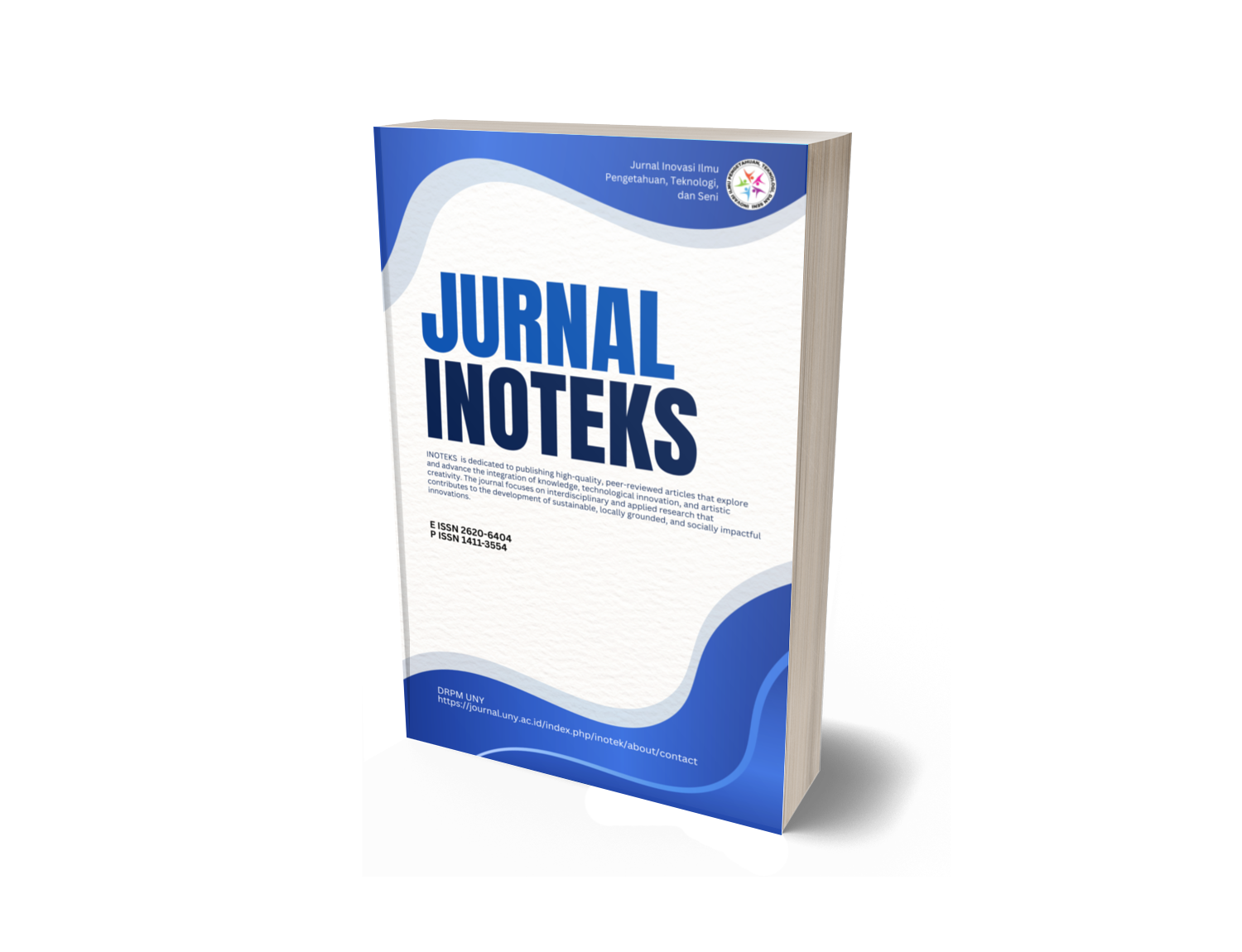Pengembangan Kelompok Sadar Wisata (POKDARWIS) Kawasan Karst
DOI:
https://doi.org/10.21831/ino.v22i1.17202Keywords:
tourism, training, tourism awareness group, karst area, empowermentAbstract
The reported community development program aimed at increase the ability of tourism awareness group in managing the karts area tourism area; and build group awareness to exploit karst region tourism potential. This activity was held for 24 people involved in tourism awereness group namely the "Mudal Wisata" group located in Gebangharjo, Pracimantoro, Wonogiri. It used education and training which is includes stages: planning, implementation, and evaluation using adult-learning and experience-based approaches. The program have brought advantages in term of the target group able to increase awareness to utilize all potentials in karst area, possessing attitude, knowledge and skills of the target group in managing karst tourism service area, able to recognize the tourism potential that can be developed, and able to see innovatif program development efforts in the karst area. Nevertheless, unfortunately result of activities in the form of awake tourism groups that are able to make an effective and superior tourism program can not be achieved because of, in addition to technical factors, differences of interests exist between group members and group administrators. Therefore, another development action is needed that enables the target group to apply the attitudes, skills and knowledge possessed in the tourism implementation activities.
References
Eko Haryono & Tjahyo N.A.(2015). Geomorfologi dan hidrologi karst. Bahan ajar Fakultas Geografi, UGM. Diakses dari www.referensi.dosen.narotama.ac.id, tanggi 25 Maret 2016
Fennell, David A., (2003). Ecotourism: An introduction. New York: Routledge
Ford, Derek & Williams, Paul. (2007). Karst hydrogeology and geomorphology. West Sussex: John Wiley & Sons Ltd.
Hatma, S. (2006). Strategi pengelolaan ekosistem karst di Kabupaten Gunung Kidul. Makalah disampaikan pada Seminar Nasional Strategi Rehabilitas Kawasan Konservasi DI Daerah Padat Penduduk, 9 Februari 2006, di UGM Yogyakarta.
Hiryanto, Lutfi Wibawa, & Entoh Tohani. 2015. Dampak Ekonomi Dan Sosial Wisata Alam Berbasis Masyarakat Dalam Konteks Pemberdayaan Masyarakat : Studi Kasus Pada Desa Wisata Bejiharjo, Kec. Karangmojo, Kab. Gunungkidul. Laporan Penelitian: FIP UNY.
Ife, Jim. (1997). Community development: Creating community alternatives-vision, analysis and practice. Melbourne: Longman.
Illeris, Knud. 2009. Contemporary Theories of Learning : Learning Theorists. New York: Taylor & Francis Routledge
Knowless, M.S., Holton III, E. F., & Swanson, R.A. (2005). The adult learner: The definitive classic in adult education and human resource development. Burlingtong: Elsevier.
Korten, David C. (1986). Community management: Asian experiences and perspectives. West Hartford C.: Kumarian Press.
Moscardo, Gianna. (2008). Building Community Capacity For Tourism Development. Wallingford : CABI
Van Beynen, Philips E. (2010). Karts manajement. Florida: Springer
Downloads
Published
How to Cite
Issue
Section
Citation Check
License
- Authors certify that the work reported here has not been published before and contains no materials the publication of which would violate any copyright or other personal or proprietary right of any person or entity.
- Authors transfer or license the copyright of publishing to Jurnal Civics: Media Kajian Kewarganegaraan to publish the article in any media format, to share, to disseminate, to index, and to maximize the impact of the article in any databases.
- Authors hereby agree to transfer a copyright for publishing to Jurnal Civics: Media Kajian Kewarganegaraanas a Publisher of the manuscript.
- Authors reserve the following:
- all proprietary rights other than copyright such as patent rights;
- the right to use all or part of this article in future works of our own such as in books and lectures;
- use for presentation in a meeting or conference and distributing copies to attendees;
- use for internal training by author's company;
- distribution to colleagues for their research use;
- use in a subsequent compilation of the author's works;
- inclusion in a thesis or dissertation;
- reuse of portions or extracts from the article in other works (with full acknowledgement of final article);
- preparation of derivative works (other than commercial purposes) (with full acknowledgement of final article); and
- voluntary posting on open web sites operated by author or author's institution for scholarly purposes, but it should follow the open access license of Creative Common CC BY-NC-SA License.









